Por Yuriria Rodríguez*

Por décadas, el Metro de la Ciudad de México ha acumulado un historial de intentos de ataques por explosivos de uso militar y de bombas de fabricación casera, muchos fueron frustrados por la policía y otros más, encubiertos por las autoridades. En algunos ataques con artefacto explosivo a las instalaciones de este sistema de transporte, las propias autoridades reconocieron que había una agrupación del narcotráfico involucrada, por lo que la naturaleza del atentado y su autoría sólo confirma el vínculo de comportamiento criminal entre el narcotráfico y el terrorismo.
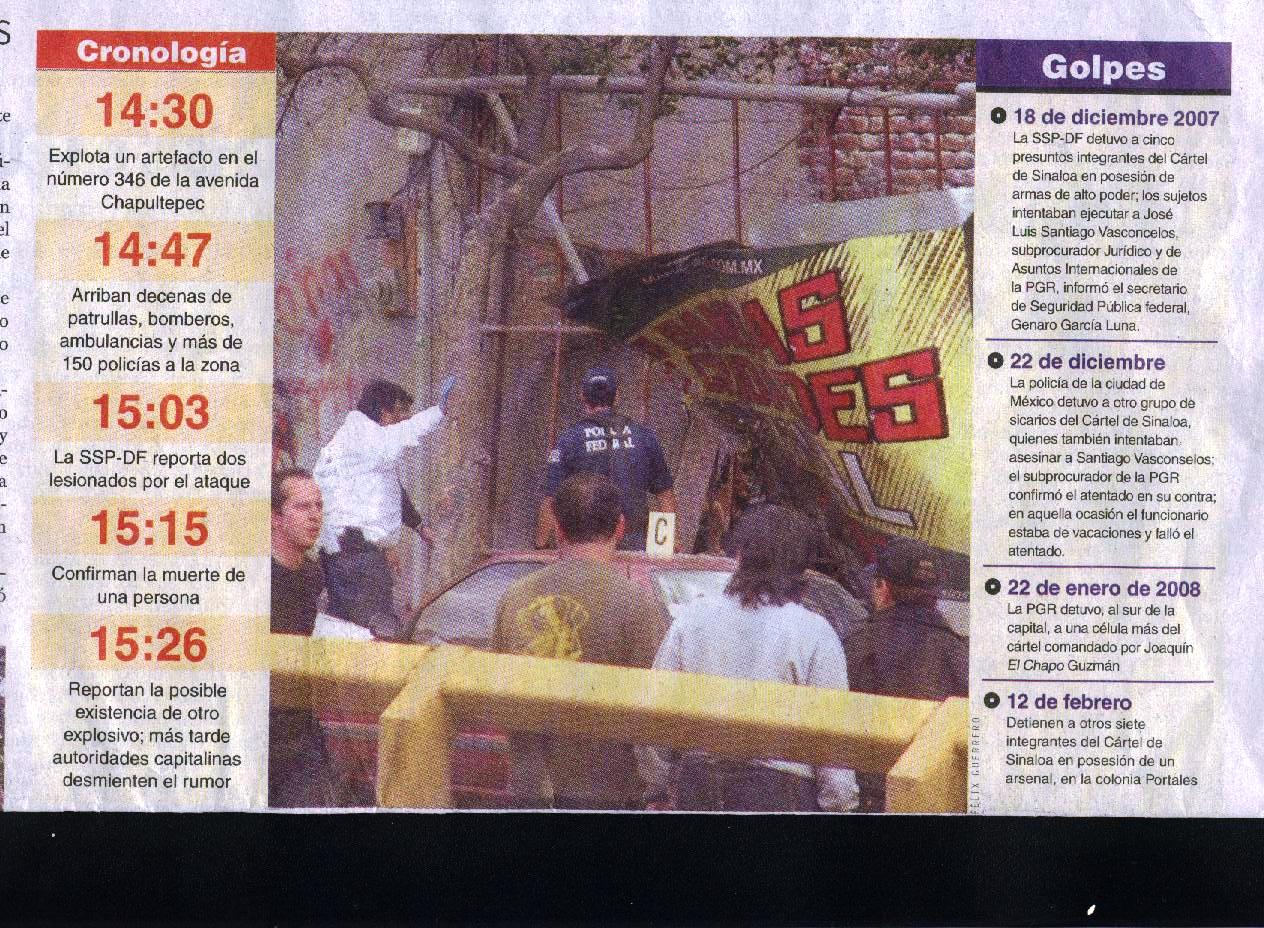
A partir de los percances mortales de los últimos dos años en el transporte subterráneo, en cuestión de meses, las autoridades del gobierno parecían justificar el abandono y la corrupción en el Metro de la Ciudad de México al advertir posibles actos de sabotaje que hicieron desconfiar a la opinión pública acerca del riesgo latente de terror en el Metro capitalino. Sin embargo, a mediados de enero, se detuvo a alguien en el Metro Tacubaya con material placebo, utilizado frecuentemente por terroristas con el propósito de medir la seguridad y la capacidad de reacción de las autoridades: los artefactos simulados que se incautaron correspondían al armado de un explosivo para detonación remota.
Esta información no se hizo pública.
Como precedente, hubo un atentado en 2008 ocurrido en el perímetro de la estación Insurgentes, una de las más transitadas y con más afluencia del turismo:
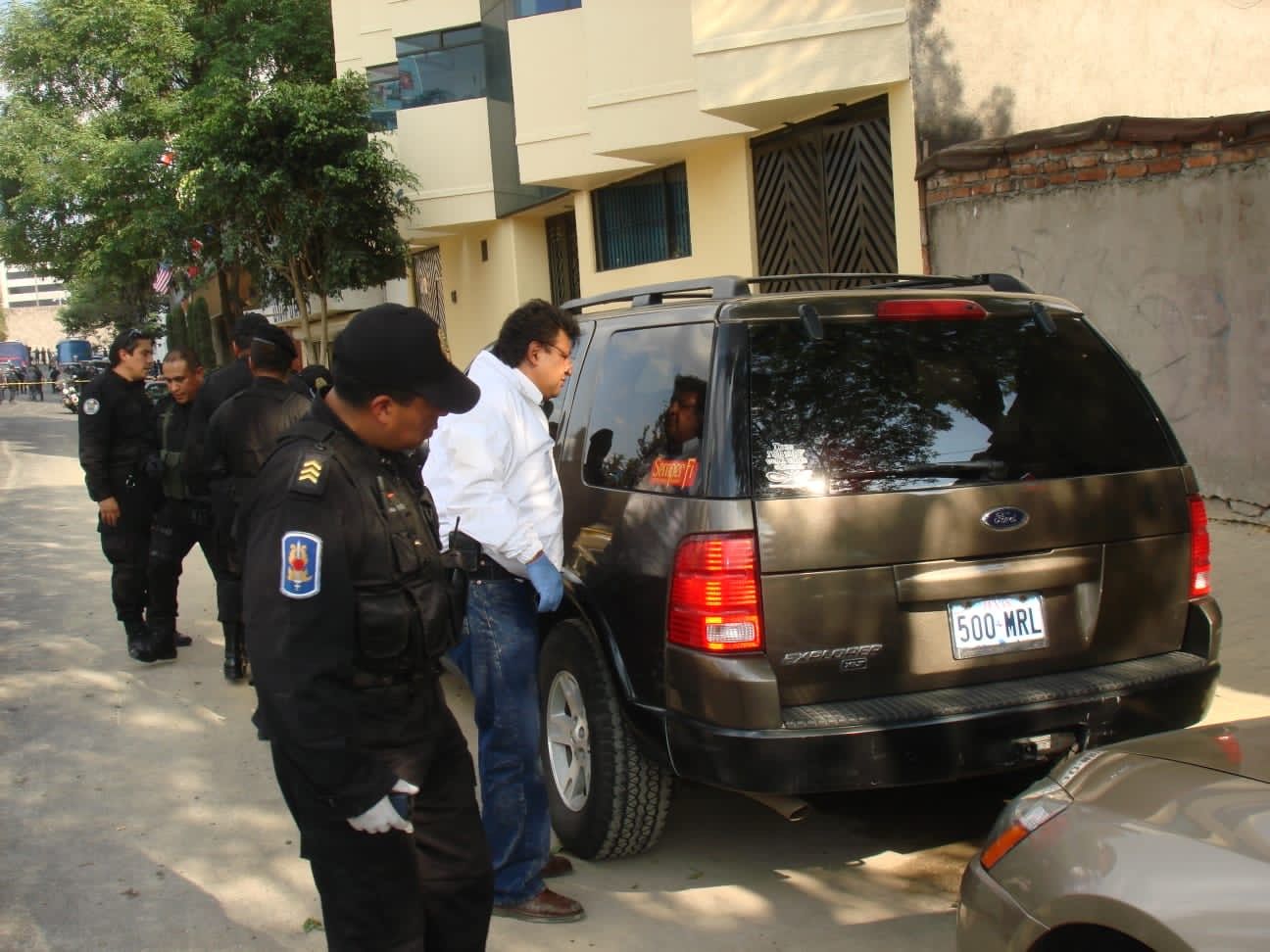
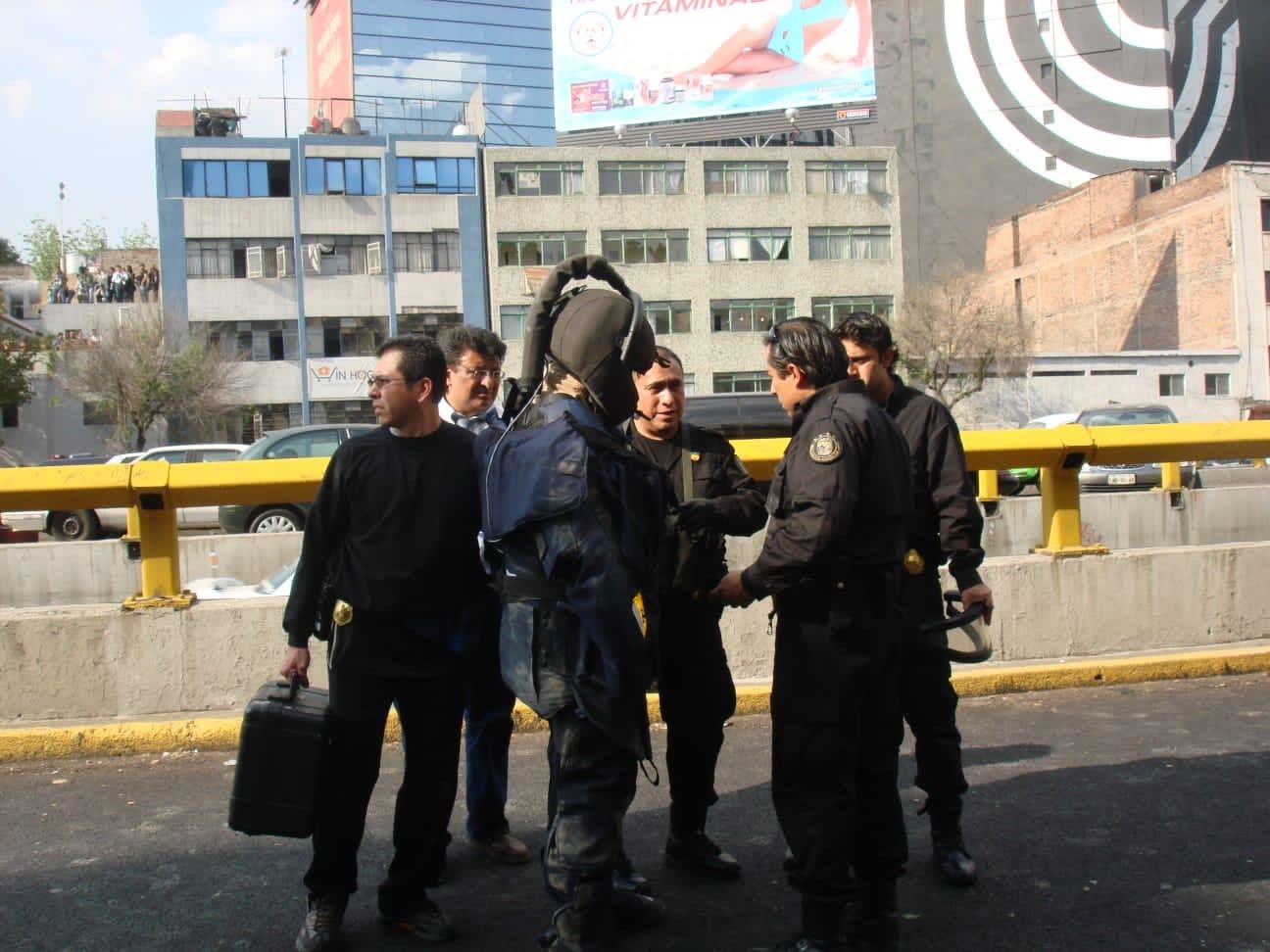
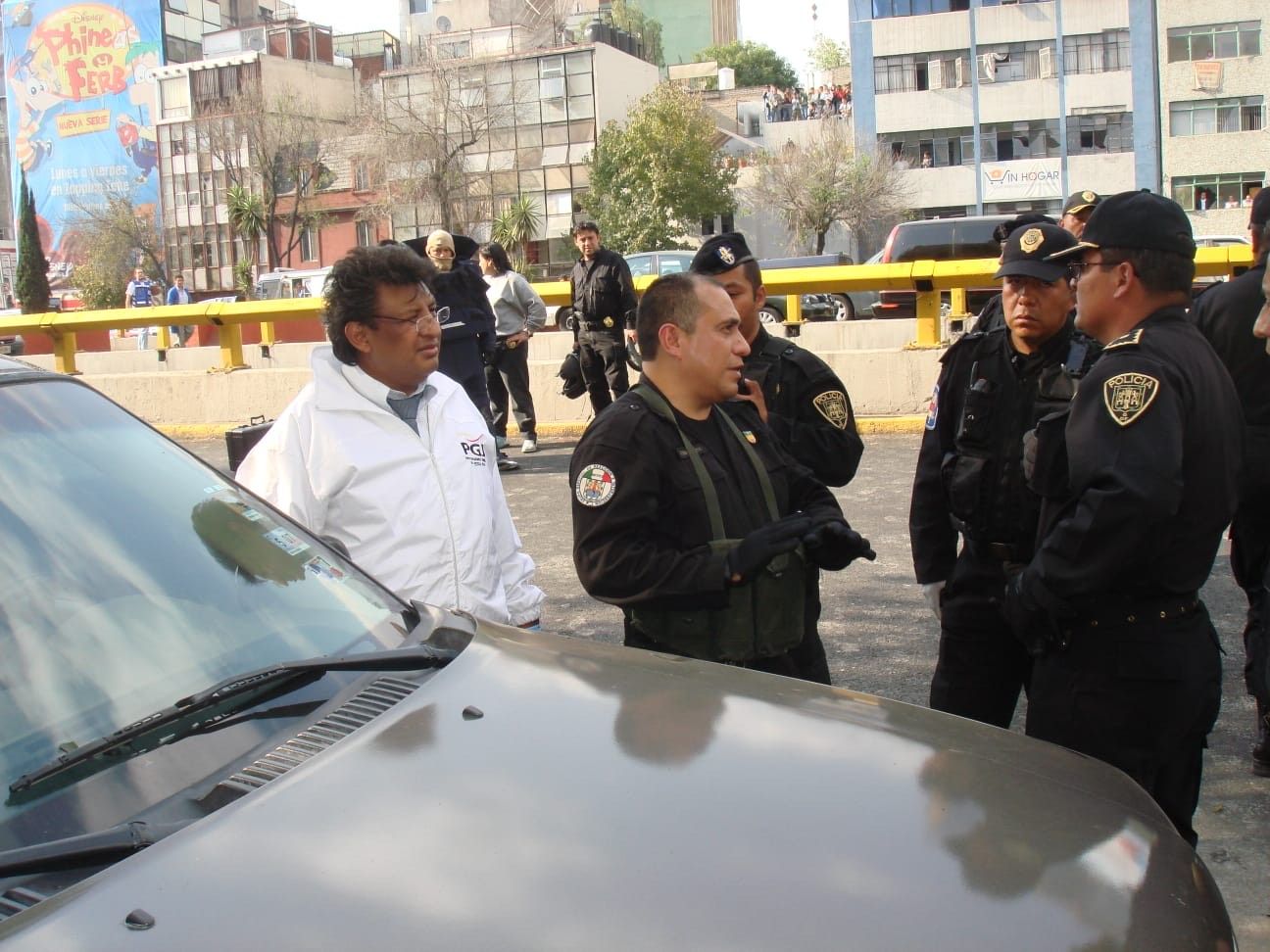
“Un explosivo de uso militar elaborado con un compuesto llamado C4, clorato, balines de medio centímetro de diámetro y gotas de mercurio, estalló ayer a unos 60 metros del edificio principal de la Secretaría de Seguridad Pública del Distrito Federal (SSP-DF)[1]”. En esa ocasión, el saldo fue de un muerto, dos heridos y daños materiales a inmuebles y automóviles.
Cuando ocurrió este ataque, Marcelo Ebrard era quien gobernaba la Ciudad de México, y desde entonces existe una tendencia a minimizar el terrorismo por parte de las autoridades capitalinas.
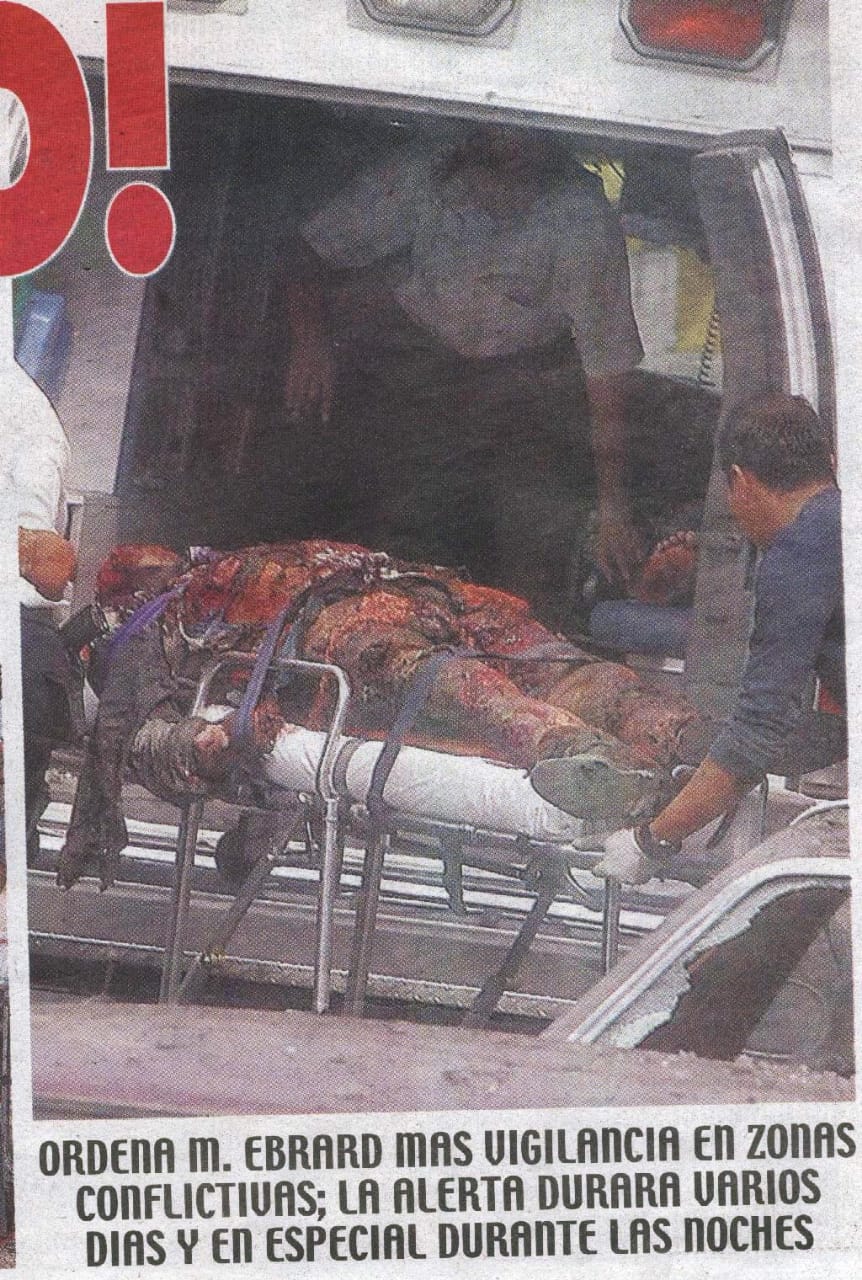
Un año después, en 2009, ocurrió el ataque de un hombre armado en la estación del Metro Balderas, donde murieron un elemento de la Policía Bancaria y un laminero que forcejeó con el atacante para evitar más muertes, tal como me lo contó en su momento la familia del llamado “héroe del Metro”, Esteban Cervantes. Como medida de seguridad, en algunas estaciones se habían colocado detectores de armas, algo que muy pronto dejó de funcionar, pues las revisiones y los detectores fueron desmantelados o quedaron inoperantes.
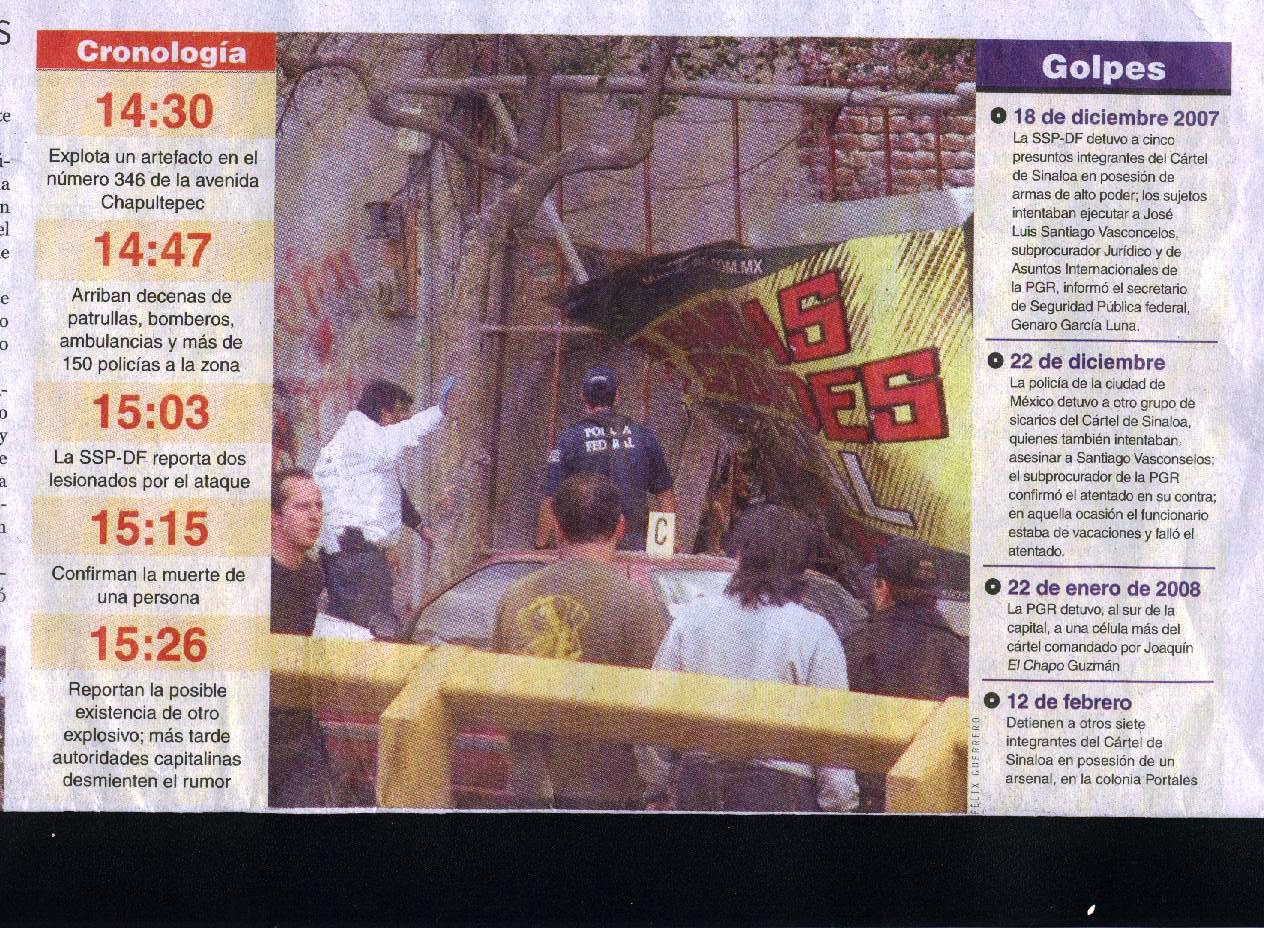
Actualmente, un eufemismo más surge en el discurso político del gobierno de Claudia Sheimbaum: el sabotaje, término que define un terrorismo particular, que no hace referencia al ataque de un enemigo externo, sino aquel proveniente de un enemigo interno.
En las grandes ciudades el Metro es y será un objetivo latente de cualquier forma de terrorismo, además de ser el laboratorio de un caos organizado a conveniencia política. Sin embargo, el gran riesgo de pretender “organizar el caos” o de controlarlo cuando se trata de un atentado al Metro, consiste en el altísimo riesgo de hasta mayores consecuencias violentas que las originalmente pretendidas por los atacantes. Por lo tanto, urge pensar y prevenir el peor escenario para no vernos superados por las consecuencias de estos actos a futuro.
El terrorismo nos permitirá entender mejor la autoría en el crimen: por una parte está el terrorista que solo ejecuta la acción por orden de quienes la planean y organizan; en este caso, el ejecutante del acto desconoce los alcances y posibles consecuencias del mismo, pues él solo es un enviado. El otro tipo de terrorista es a su vez ejecutor y autor de la acción de ataque. En este caso, es posible que tenga mayor conocimiento de los alcances y consecuencias, pero aun así, el contexto espacial y el inevitable contacto con elementos sensibles a la detonación, pueden generar efectos no planeados por el ejecutor-autor.
El Metro de la CDMX: años de abandono y riesgo de ataque
Aquí también observamos que la única diferencia en utilizar el término “sabotaje”, en vez del de “terrorismo”, consiste solamente en la especificación del tipo de ataque terrorista, pues se trata de un terrorismo particular, el del sabotaje. Lo anterior, sirva para aclarar que el sabotaje es indisociable del terrorismo.
Por lo tanto, cuando el gobierno de la capital mexicana advierte de actos de sabotaje, se refiere a un “terrorismo interno”, casi autodestructivo.
Los mexicanos no aceptamos el terror porque vive muy dentro de nosotros y lo que la cultura ha hecho inconsciente no lo podemos exteriorizar. Esto es lo que está ocurriendo en el Metro de la Ciudad de México, el cual lleva décadas enfrentando verdaderos ataques terroristas y sorteando la instalación de bombas y explosivos que han logrado desactivarse por el trabajo de las fuerzas policiales y de investigación, pero ahora, con la policía que realiza una labor de inteligencia diezmada por el propio gobierno, se recurre a la Guardia Nacional para que vigile y evite estas contingencias.
Hay que dejar en claro que el terrorismo es una decisión de índole política, más no es necesariamente el resultado de una ideología política, todo lo contrario, los actos de terror cada vez están más desconectados de un discurso intencionalmente político, pues el terrorismo actual es toda intención y no requiere pedir a préstamo a la política tradicional de los partidos ninguna bandera para justificar su intencionalidad. Aclarado esto, no habrá por qué confundirse con fantasmas del pasado terrorista que ya no volverán igual; todo vuelve, pero no regresa como antes.
Lo que hace al terrorismo es la intención plena de provocar terror y eso es lo que está generando el gobierno capitalino en los usuarios del Sistema de Transporte Colectivo Metro, quienes según sus propios testimonios pensaron que morirían asfixiados en la estación Barranca del muerto.
El gobierno de la CDMX ha dado una tras otra rueda de prensa para azuzar a los transeúntes, afrmando sin pruebas, que se trata de sabotaje –por cierto, aún no se atreven a usar el término tabú del “terrorismo”, que es un concepto científico social y legalmente definido.
Qué desproporción la de este gobierno que asegura que objetos como botellas y fierros arrojados a las vías del furgón, son la demostración del subproducto del terrorismo, llamado “sabotaje”, pero no consideran que los ataques con drones, explosivos, los autobombas y bloqueos, además de los cuerpos despedazados regados en vía pública en prácticamente todo el país, deben ser considerados terrorismo. Al menos, entienden por intuición, no por conocimiento, que el sabotaje es un subproducto del terrorismo que sí es inevitablemente político, pero tendrían que saber también que no todo el terrorismo es así, y que es más bien la decisión política de nombrarlo lo que le da esa categoría, en este caso provocada por las estrategias políticas y de muy descuidada seguridad en este medio de transporte masivo.
Terrorismo y falta de mantenimiento no se excluyen entre sí
Hay prejuicios en las investigaciones sobre delitos y crímenes en México, por ejemplo, se piensa que una tesis o una hipótesis excluye a la otra, pero no siempre son excluyentes, sino complementarias: las condiciones del Metro capitalino son riesgosas desde hace décadas, pero también los ataques no han cesado.
El terrorismo y los actos de sabotaje como posibles causas de los incidentes en el transporte subterráneo conviven con la cultura del mexicano: ¿alguien dudaría que un trabajador del Metro sea capaz de colocar un artefacto explosivo oculto en un objeto anodino sin revisarlo antes, a cambio de un pago insignificante? La corrupción y la ignorancia pueden ser el detonante de una crisis en seguridad de mayor impacto en México.
Escenarios posibles de un atentado al Metro de la Ciudad de México:
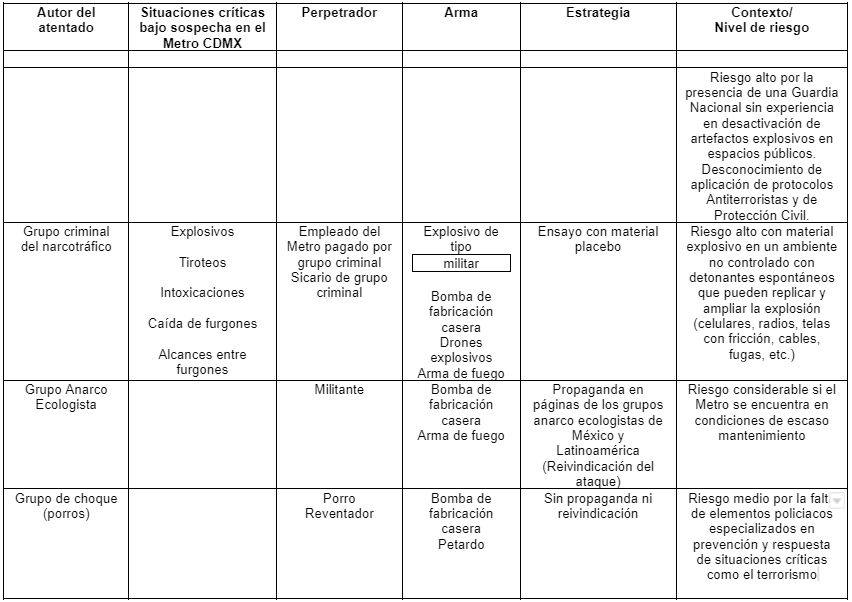
[1] “Usaron explosivo C4 de tipo militar en bombazo de avenida Chapultepec”. (16 de febrero de 2008). Diario La Jornada.
*La Dra. Yuriria Rodríguez Castro es una de las pocas especialistas en prevención del terrorismo y en análisis de inteligencia delictiva. Es una reconocida asesora y capacitadora sobre fenómenos criminales como asesinatos en masa y en serie. Recientemente apareció la segunda edición de su libro “El terrorismo transnacional y del narcotráfico en México: el concurso de delitos o cuando el narcotráfico tiene un comportamiento terrorista”. Además, prepara su segundo libro “El pensamiento criminal en México: Psicología, cultura y comunicación para una metodología del perfilador”.
Las opiniones expresadas son responsabilidad de sus autoras y son absolutamente independientes a la postura y línea editorial de Opinión 51.
Más de 150 opiniones a través de 100 columnistas te esperan por menos de un libro al mes. Suscríbete a Opinión 51.






Comments ()